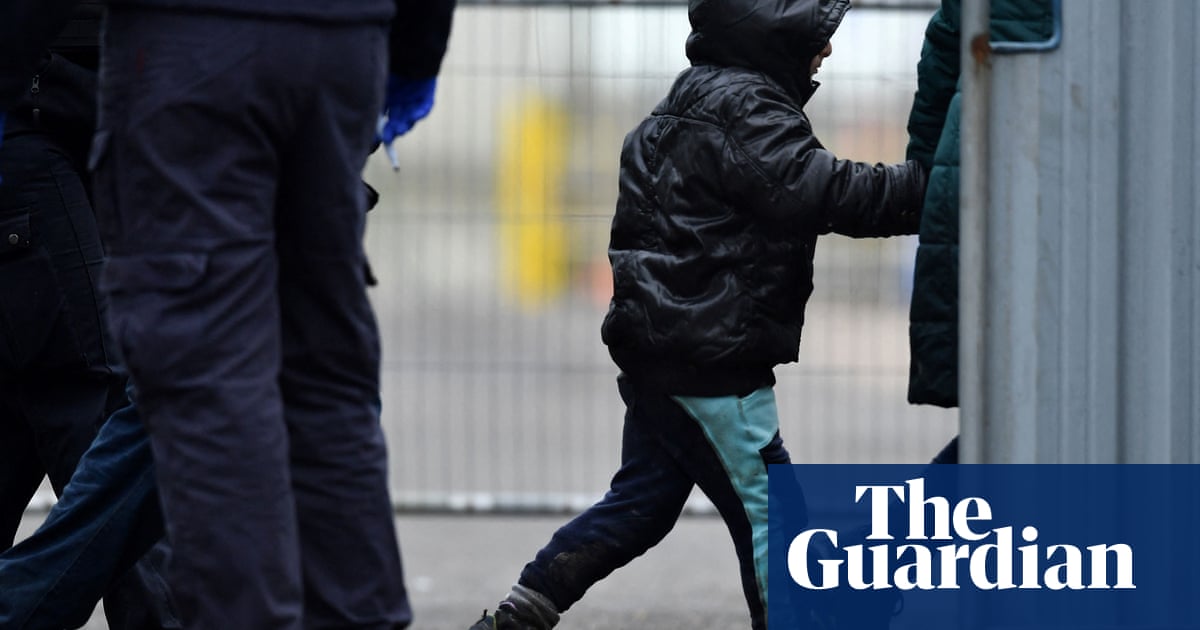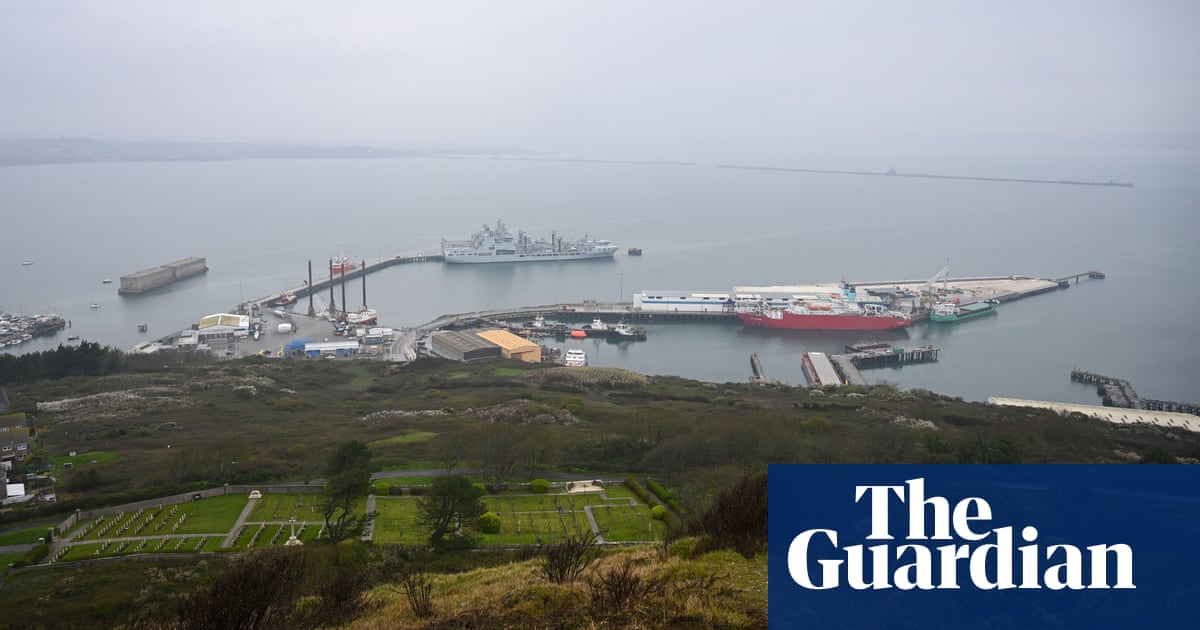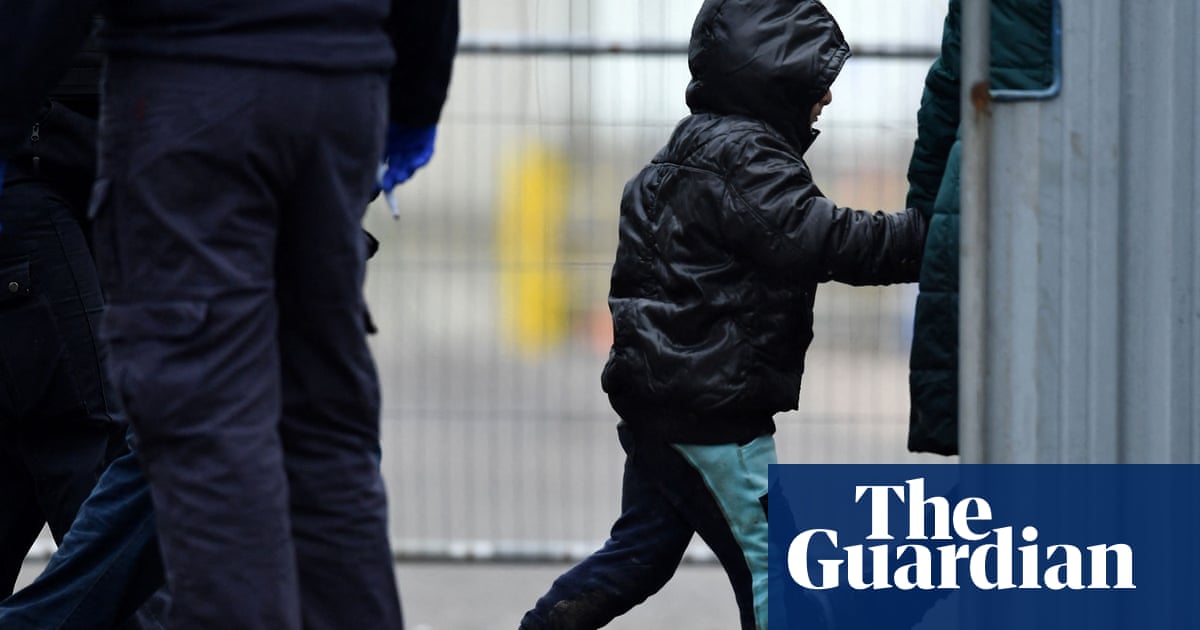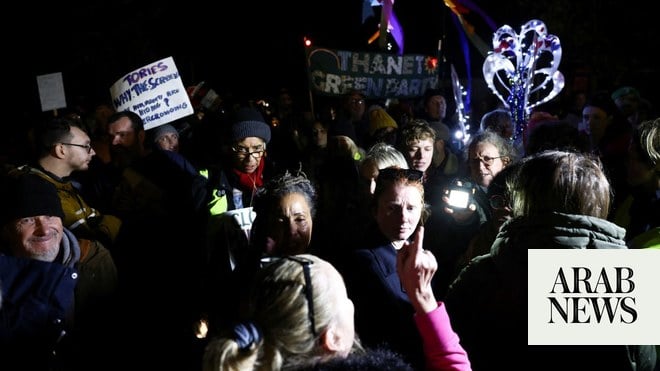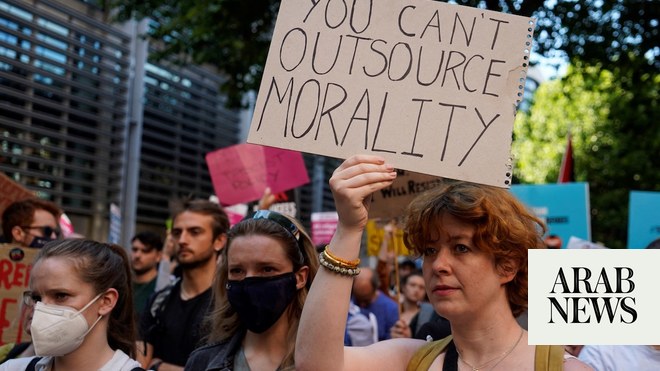
The EU has rejected a British proposal for a system to reunite children seeking asylum with their families in the UK or Europe, prompting warnings that more young people will risk their lives in dangerous Channel crossings.
The government had proposed a post-Brexit agreement to continue transfers of unaccompanied child asylum seekers to families living in either the UK or EU, although with no obligation on either side.
An EU official said the bloc’s chief Brexit negotiator, Michel Barnier, would not take this forward as part of current talks due to end in late October because “this is not in the EU mandate”.
The EU’s 27 governments agreed Barnier’s negotiating mandate in February but set out only vague aspirations for “cooperation” and “dialogue” on dealing with people fleeing war, repression and poverty.
EU states have shown little appetite to rewrite Barnier’s mandate on child asylum seekers, because they perceive the British plan as offering little. “It doesn’t bring much added value, we suspect it’s more about sending people back,” said a second EU official, who added that any way forward was likely to be via bilateral agreements between the UK and individual EU states.
The EU rejected a broader migration pact, including adults, for similar reasons.
Beth Gardiner-Smith, the chief executive of Safe Passage, said the absence of any agreement would be “pretty catastrophic” for the child refugees her NGO supports. “These are unaccompanied children in Greece, in France, in other parts of Europe who have family in the UK and a legal right to unite with those family members.”
She fears many will feel they have no choice but to undertake dangerous Channel crossings or other risky journeys. “Without safe and legal routes to join their loved ones, to reunite with family, they are more likely to seek alternative routes and they are often dangerous routes and exploitative routes.”
In 2019, 312 children requested asylum in the UK through family reunion under the EU’s Dublin regulation.
Safe Passage argues that relying on international asylum law is no substitute for a formal transfer system on family reunion. “We would urge the UK government – if this is it – they absolutely need to bring forward primary legislation to protect the rights of these unaccompanied children because otherwise, unfortunately, we will just see more children risking their lives,” Gardiner-Smith said.
In particular NGOs are calling on the government to back an amendment to the immigration bill from the Labour peer Lord Dubs that would enshrine in UK law the right to family reunion for asylum seekers, as it exists under EU law.
A Home Office spokesperson did not respond to questions about the EU decision not to pursue the British proposal on child reunion, or whether it would seek bilateral deals, but instead highlighted the government’s criticisms of EU migration rules. “The government’s efforts to facilitate entirely legitimate and legal returns of people who have entered the UK through illegal routes are too often frustrated by rigid EU returns regulations and last-minute challenges submitted hours before a scheduled flight. These claims are very often baseless and entirely without merit, but are given full legal consideration, leading to removal being rescheduled.”
The topic of family reunion for children is not on the agenda of any upcoming negotiation rounds, including the next starting in London on Monday. Neither do EU negotiators plan to discuss a separate British proposal to return asylum seekers to the European country they arrived in. “Member states have taken note and decided not to engage based on the UK proposal,” said the first EU source.
Countries including Italy and Greece, the arrival points for large numbers of refugees and migrants, had opposed any deal with the UK before the EU changes its migration policy. Later this month the EU executive is expected to propose a long-awaited overhaul of EU asylum law, but agreement will be fraught with difficulties.
After 1.1 million refugees and migrants arrived in Europe in 2015, officials proposed a change intended to ease the pressure on frontline Mediterranean states. Deadlock among member states meant the proposals were shelved. Citing the EU’s impending overhaul, an EU political source said: “I would be very surprised if in this context the EU applies the Dublin system to the UK, a third state.”





